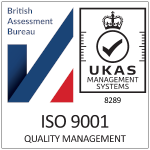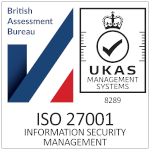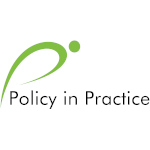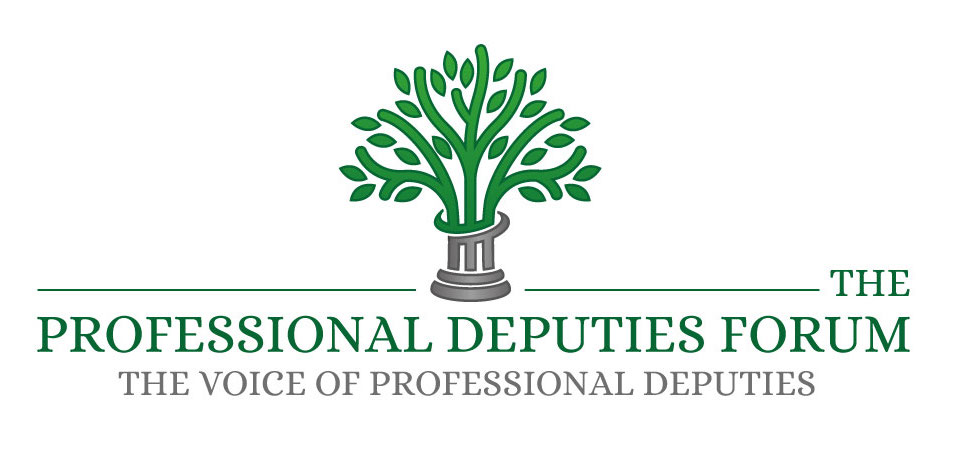Scams can come in many forms, but all are designed to obtain access to your money or personal details.
Scammers can do this by getting you to reveal your personal details, stealing your information, or getting you to hand over your money. This could be via email, text, phone, social media or in person, either on the street or on your doorstep. Some adults may be especially vulnerable to fraud and financial abuse.
The key is to know how to recognise a scam, and be aware of how to protect yourself and take action if you think you have been targeted or have fallen victim.
Scams to get money are getting more and more sophisticated, particularly when it comes to targeting you online and through mobile devices. As technology and the way we communicate and handle our finances become more advanced, it is important that you take steps to protect yourself and your money.
Scams can affect every part of life. These people try to trick you out of your personal information and your money. The most common types of scams to get money fall under these categories:
- Banking
- Bankruptcy
- Health
- Housing and Mortgage
- Immigration
- Internet provider scams
- Mass Marketing
- Passport and Visa
- Postal Mail
- Telemarketing
- Telephone scams
How to recognise the most common types of scam
Knowing what to be on the lookout for when it comes to scams is one of the best ways to protect yourself. Here are some examples to help you:
1. Telephone scams
If you have received any kind of contact, but particularly a phone call, out of the blue, it is best to avoid it. Since January 2019, there has been a ban on cold calling about pensions. You should never be contacted by any company about your pension (unless you’ve asked them to), so treat these with suspicion.
2. Email address scams
If you receive an email, expand the pane at the top of the message and see exactly who it has come from. If it is a scam, the email address will be filled in with random numbers, or be misspelt. The text within the email or subject line will also often be misspelt, and you might be asked to give out personal information or pay out money.
3. Personal details
PIN codes and passwords are things no legitimate company will ask you for. You should never give out these personal details. Some companies may ask for certain characters when you are logging into their official website, but never the complete password.
- Quick decisions: If you are pushed into making a decision on the spot, be suspicious. Scammers do not want you to have time to think about it.
- Competition wins: particularly if you don’t remember entering them, these should ring alarm bells. If you did enter, you should never have to give out personal details like your PIN number in order to claim the prize.
- Ask for a second opinion: take the time to ask a trusted friend, professional or family member to give you their opinion about what you should do.
Remember – companies, your bank or the police will never:
- Ask you to transfer money to a new account, even if they say it is in your name
- Phone you to ask for your 4-digit card PIN or your online banking password (even by tapping them into the telephone keypad!)
- Ask you to withdraw money to hand over to them for safe-keeping
- Send someone to your home to collect your cash, PIN, payment card or cheque book
- Ask you to purchase goods using your card and then hand the goods or the card over for safe-keeping
If you are given any of these instructions, it is a fraudulent approach.
How do I report fraud? What to do if you’ve been scammed:
You should report online fraud to Action Fraud.
Action Fraud is the UK’s national fraud and crime reporting centre. It provides a central point of contact about fraud and online scams. After reporting a scam, you will receive a police crime reference number. The case will be referred to the National Fraud Intelligence Bureau for analysis by the City of London Police.
Not every report results in an investigation, but each helps build a clearer national picture of fraud. You can also report attempts of fraud, where you have not lost any money or exposed your personal details.
1. How to report email scams
If you’ve spotted a scam email or phishing email, the first step will be to report it to the internet service provider (ISP) that was used to send you the email.
If the scam email came from a Yahoo! account, send it to abuse@yahoo.com. Gmail has a ‘Report spam’ button and Hotmail has a ‘Report phishing’ button.
Once you report the scam email, the ISP can then close the account that sent the email.
2. How to reduce scam mail
The Mailing Preference Service (MPS) allows you to have your name and address removed from mailing lists. It might help to reduce the amount of scam mail you receive.
To register for the free service, call 0845 703 4599 or visit mpsonline.org.uk.
3. Report fraud to the company the scammer was impersonating
If you’re the victim of a mimicking scam online, where fraudsters pretend to be from a genuine company, it’s also worth contacting the company that has been mimicked.
Whether it’s a bank, government department or other company cited in the email. if you notify the company they can take steps to warn other people about the scam.
Often companies will warn their customers of mimicking scams by putting notices on their websites, explaining the steps people can take to prevent others from falling victim to the same scam.
4. How to report premium rate telephone scams
If you want to complain about or report a premium-rate telephone service scam, contact Phone-paid Services Authority (PSA).
This is the official UK regulator for content, goods and services charged to a phone bill. You can call PSA free from a landline on 0300 303 0020 or visit the PSA website.
5. Speak to Citizens Advice
If you report a scam to your local Citizens Advice, they may be able to offer you advice.
You may also be giving them vital information which they can pass on to Trading Standards to help stop other people from becoming victims of the same scams.
Scams are criminal offences under the Fraud Act. This means that trading standards officers can take criminal action against the scammers.
Get emotional support if you’ve been scammed
Being scammed can take a huge toll on your emotional wellbeing and mental health. It’s often helpful to speak to someone about what you’re going through.
You can find a helpful list of mental health organisations to help with your mental health below:
View list of mental health organisations
Phone Victim Support
A scam might be a one-off, or it might entangle you for months. Every scam has an impact on your life no matter its size.
Victim Support has a free, 24/7 helpline where you can speak to someone confidentially. This can be a one-off call or they can refer you to local services for on-going support.
This service is free. You can contact Victim Support by calling them for free on 0808 16 89 111 or request online support.
VRS fraud referral flag
By registering with the VRS, you can add a ‘referral’ flag alongside your name and personal details. This will notify organisations that are members of the database that you are at risk.
This will prompt them to take extra steps to protect you, reducing the likelihood of fraudsters using your details to apply for products and services.
Is registering free?
Yes. There is no fee for registering on the VRS. Our service offers you peace of mind and a reduction in the risk of becoming a victim of scams to get money and fraud.
To register, please visit our registration page.
IPS Community
At the Vulnerability Registration Service (VRS) we’re seeing an ever increasing number scams and fraud targeting people, all with the same aim – to gain access to your personal and financial details.
Keeping VRS users safe from these scammers is one of our a key priorities, so we’ve partnered with our friends at the Individual Protections Solutions (IPS) to protect all our users from scams, cold calls and the threat of fraud.
Signing up with IPS is free and easy, and makes you a member of a community of 100,000 others taking action to protect their data. Click here to learn more.












